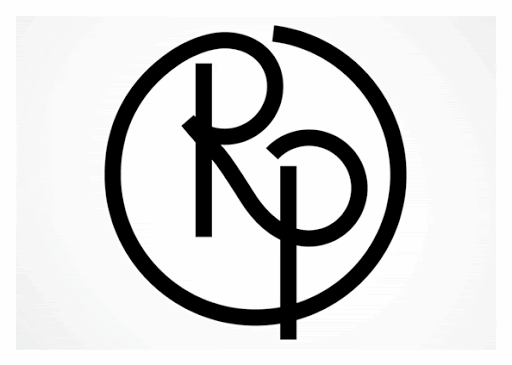CHILDREN, YOUNG PEOPLE, & FAMILIES
When working with children, the first session will include both the child and the parent(s)/carer(s). Adolescents 16 and over can be seen without a parent/carer. This initial appointment is an opportunity for us to meet and explore together the concerns that bring you to therapy. By the end of the session we can agree on how best to proceed, discussing goals and therapeutic approach. There is no expectation that you start therapy after the first session, and we can have an open conversation about the best way forward.
My main approaches are Cognitive Behavioural Therapy and Psychodynamic Psychotherapy. I also frequently draw on Mindfulness, Schema Therapy, and Acceptance and Commitment Therapy.
Some of the most common concerns that young people have come to me with have included:
-
Anger
-
Anxiety/Panic
-
Bereavement/Loss
-
Bullying (At school and through social media)
-
Drug and/or Alcohol Use
-
Eating Disorders
-
Exam stress
-
Family changes
-
Identity confusion
-
Low mood
-
Obsessive Compulsive Disorder
-
Parental divorce/Separation
-
Pressures at school
-
Relationship concerns
-
Self-Esteem
-
Self-Harm
-
Uncertainty about the future
This is not an exhaustive list of issues - but whatever you wish to discuss will be handled sensitively and in confidence.
Families: When working with children and young people it may be important for the parent(s)/carer(s) and or family unit to be part of the therapeutic process. This may mean meeting with parent(s)/carer(s) individually, meeting as a family, and seeing the child on their own. This will be a decision we come to together based on what we think would be most helpful.

